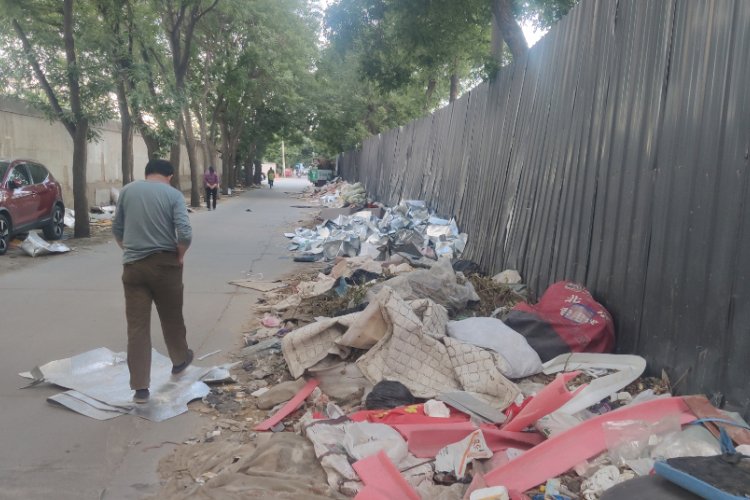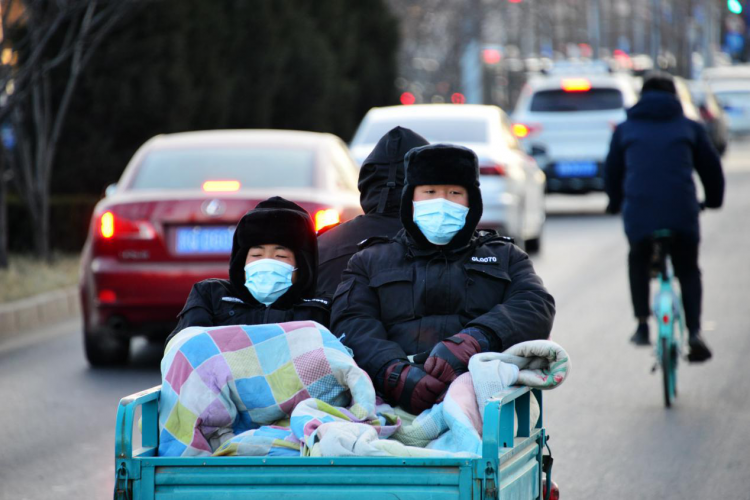The Gentle Giant: Yao Ming Enters the Wilderness
He has helped document the ghastliest details of African poaching, campaigned against the serving of shark fin soup, and vouched for anti-bear bile sanctuaries. After all that, Yao Ming may seem like China’s strongest animal rights activist. But the former Houston Rockets center started that second career as he began to weaken for the first time.
“When I met him, he was in his locker room with a big ice pack on his ankle,” says May Mei, chief representative of animal rights foundation WildAid China, of her first encounter with Yao in 2004, just before osteomyelitis and other bone issues began officially plaguing his foot – and the remainder of his basketball career. “I showed him a few public-service announcements we’d done with Olympic athletes about endangered wildlife and conservation.”
That early meeting would go on to change Yao’s life forever. He traveled to Africa this summer to publicize WildAid’s fight against elephant ivory poaching. (A documentary about the trip will be released next year.) Before Mei introduced herself, however, Yao was far from an activist. In fact, he was guilty of one of the atrocities he’d go on to fight against.
We recently talked to Mei and Jill Robinson, the Animals Asia CEO who hosted Yao during a high-profile visit to one of her foundation’s bear sanctuaries in Chengdu earlier this year, as they tallied up the basketball legend’s stats as an activist, and gave us the score on celebrity ecology.
Was Yao a serious animal defender before you met him?
Mei May: In the beginning, he said he had eaten some shark fin soup before. He didn’t understand the significance. But we explained to him about ecological balance. And he caught on right away.
But if he wasn’t passionate about animal rights before your meeting, why reach out to him in the first place?
MM: Because he’s so influential. When we choose famous spokespeople for our projects, we want people who have the most impact on the public. If you or I said something about protecting sharks, no one would listen.
How has Yao proven himself as an activist?
MM: He’s not just asking how he can help, he’s also asking why: why we shouldn’t eat sharks, why rhinos are getting cut for ivory. He gets a really good understanding of the issue in order to support it. That’s what makes him unique. When he’s interviewed by the media, he’s fully prepared.
Jill Robinson: I agree. Yao is as credible as they come. He was obviously well-informed about bear farming, speaking knowledgeably and intelligently, and asking nonstop questions of our vet and education team.
In what ways did Yao surprise you?
JR: I wanted to give him something special on arrival [at our sanctuary], but of course we didn’t have a T-shirt large enough. So he laughingly agreed to wear a scarf which had a picture of one of our bears, Banjo. Really, he couldn’t have been kinder or more down to earth.
What are the major challenges of working with these superstars?
MM: Time. Locking them in for the public-service announcements is the challenge. Sometimes we have to take one year to organize filming, because they’re so busy. But we’ve been very lucky, because the celebrities we work with are very supportive and they work with us for free.
Many people question the credibility of celebrity activism, calling it all a publicity stunt. How can you be sure your famous campaigners have good intentions?
JR: There is nothing about Yao that can possibly be called a publicity stunt. In fact, Animals Asia carries out checks on our campaigners to ensure that they don’t wear fur or eat shark fin, actions that conflict with our values. Yao is loved by millions and seems very well aware that he can help those less well-off by giving them a voice.
This article originally appeared on page 62 of the December issue of the Beijinger.
Photo courtesy of WildAid



